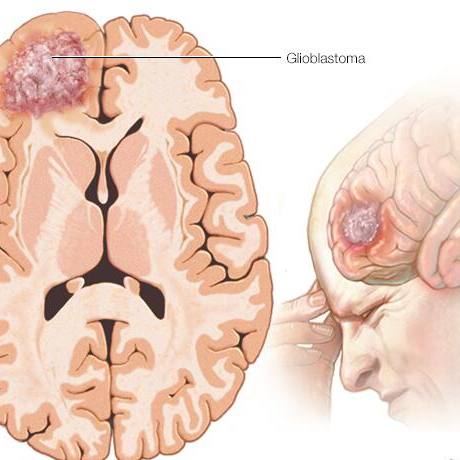
More than 60 million people of Hispanic heritage live in the U.S.
Since Sept. 15, 1968, the U.S. has annually honored the many contributions of its citizens whose ancestors came from Spain, Mexico, the Caribbean, and Central and South America. What started as Hispanic Heritage Week under President Lyndon Johnson is now a monthlong celebration.
Dr. Juan Carlos Leoni Moreno, a Mayo Clinic transplant cardiologist, says he is proud of his heritage. And he knows many health care barriers need to be addressed to help Hispanic patients access care.
Watch: Addressing health care barriers during Hispanic Heritage Month.
Journalists: Broadcast-quality video pkg (1:35) is in the downloads at the end of the post. Please courtesy: "Mayo Clinic News Network." Read the script.
It's the time to celebrate cultural achievements and the contributions of the Hispanic community here in the U.S. and always a perfect time to talk about health, says Dr. Leoni.
He says there is much to celebrate within the rich and diverse Hispanic population in the U.S. — and much to be concerned about it when it comes to health.
"Obesity has been a major health issue in the Hispanic population in the United States. A Western diet, lower socioeconomic status and lack of access to health care may be some of the factors for a 35% obesity rate in the U.S. Hispanic population. It's highly associated with issues like diabetes. Same with coronary artery disease, and anything that comes with cardiovascular problems, like hypertension, risk of congestive heart failure, as well as risk of myocardial infarction," he says.
Those issues can require complex care, but cultural differences and language challenges can keep Hispanic patients from seeking medical care.
"Being able to break that language barrier, being able to talk in their same language definitely makes a difference in terms of how much the patient will share with you in terms of their medical problems, psychosocial problems or barriers that they might have in order to get the adequate access to health care or treatment," says Dr. Leoni.
Breaking barriers, even one at a time, can help, but preventing them is better.
"It's better to prevent disease than have to treat the disease, so definitely we want to see patients at the right time," Dr. Leoni says.
Related posts:
- "Mayo Clinic Cancer Center Patients, Executive Director Highlighted in American Association for Cancer Research Cancer Disparities Progress Report."
- "Mayo Clinic Q&A podcast: The link between racial disparities and cervical cancer."
- "Research finds ethnoracial differences in Alzheimer’s disease."
For the safety of its patients, staff and visitors, Mayo Clinic has strict masking policies in place. Anyone shown without a mask was recorded prior to COVID-19 or recorded in an area not designated for patient care, where social distancing and other safety protocols were followed.
Related Articles







